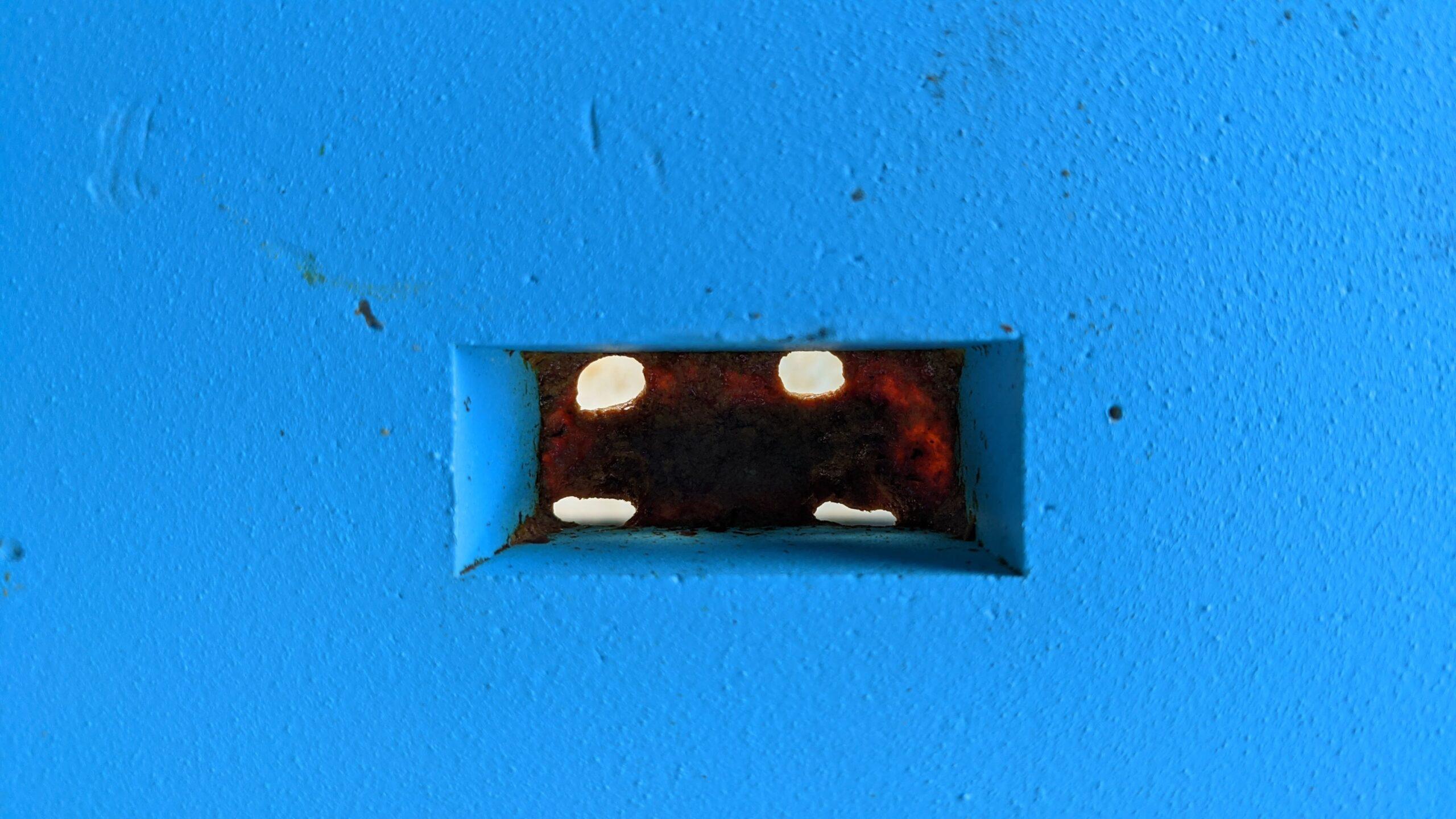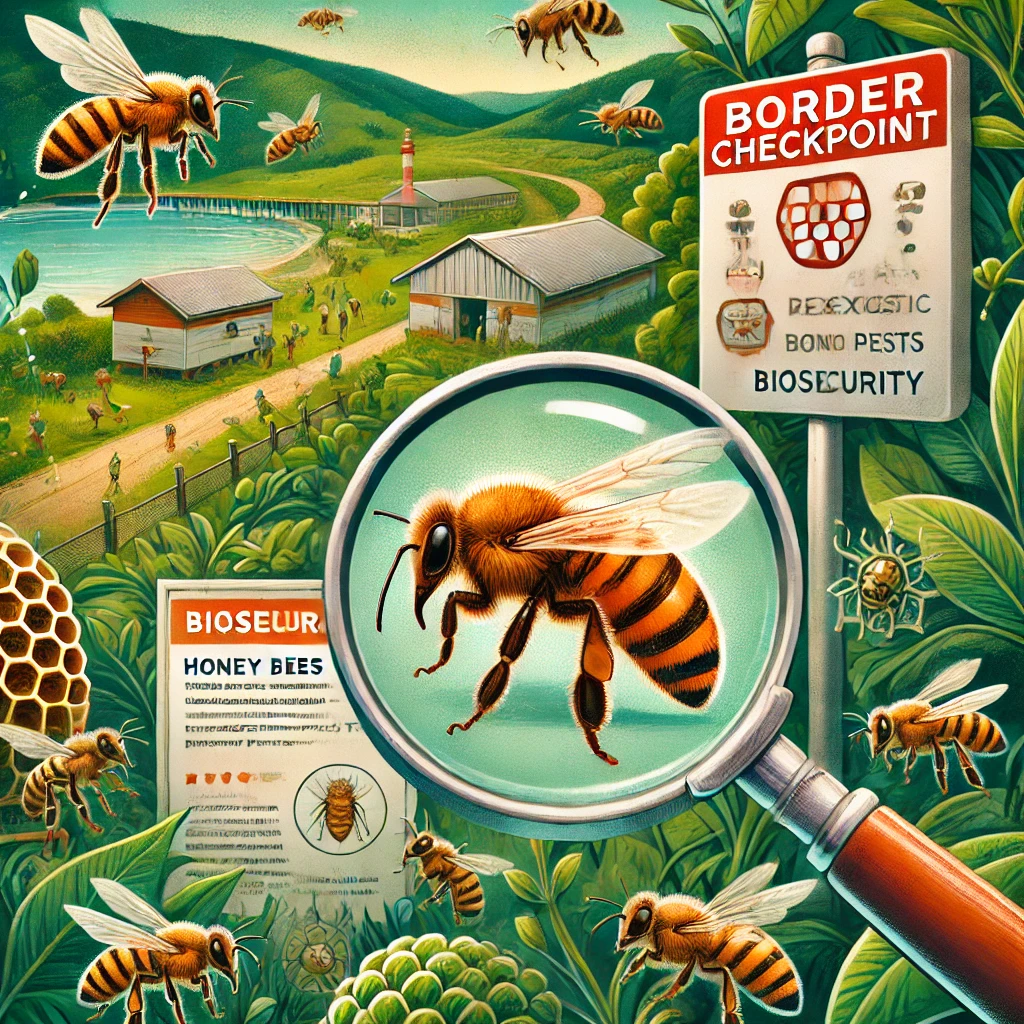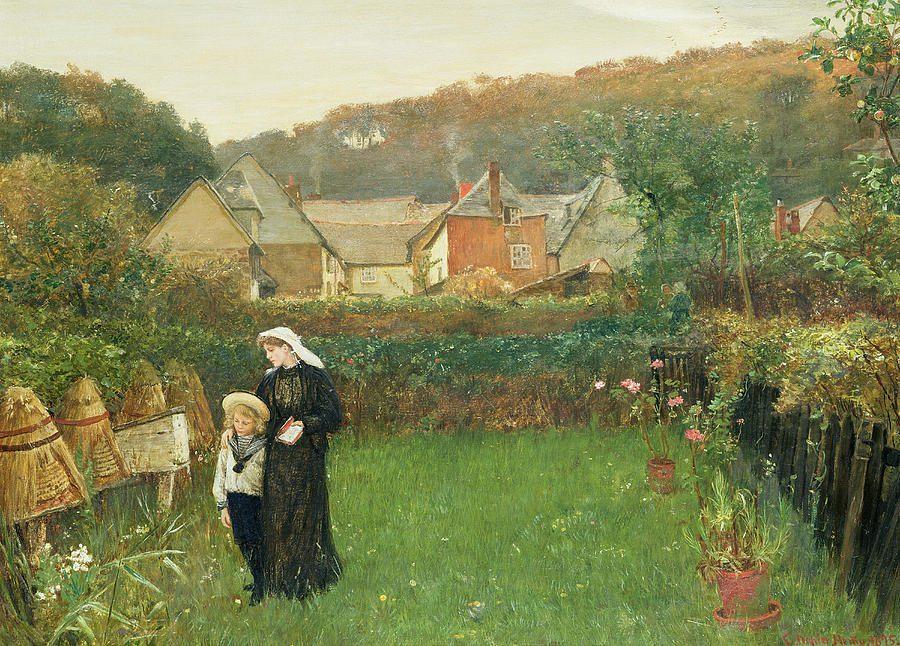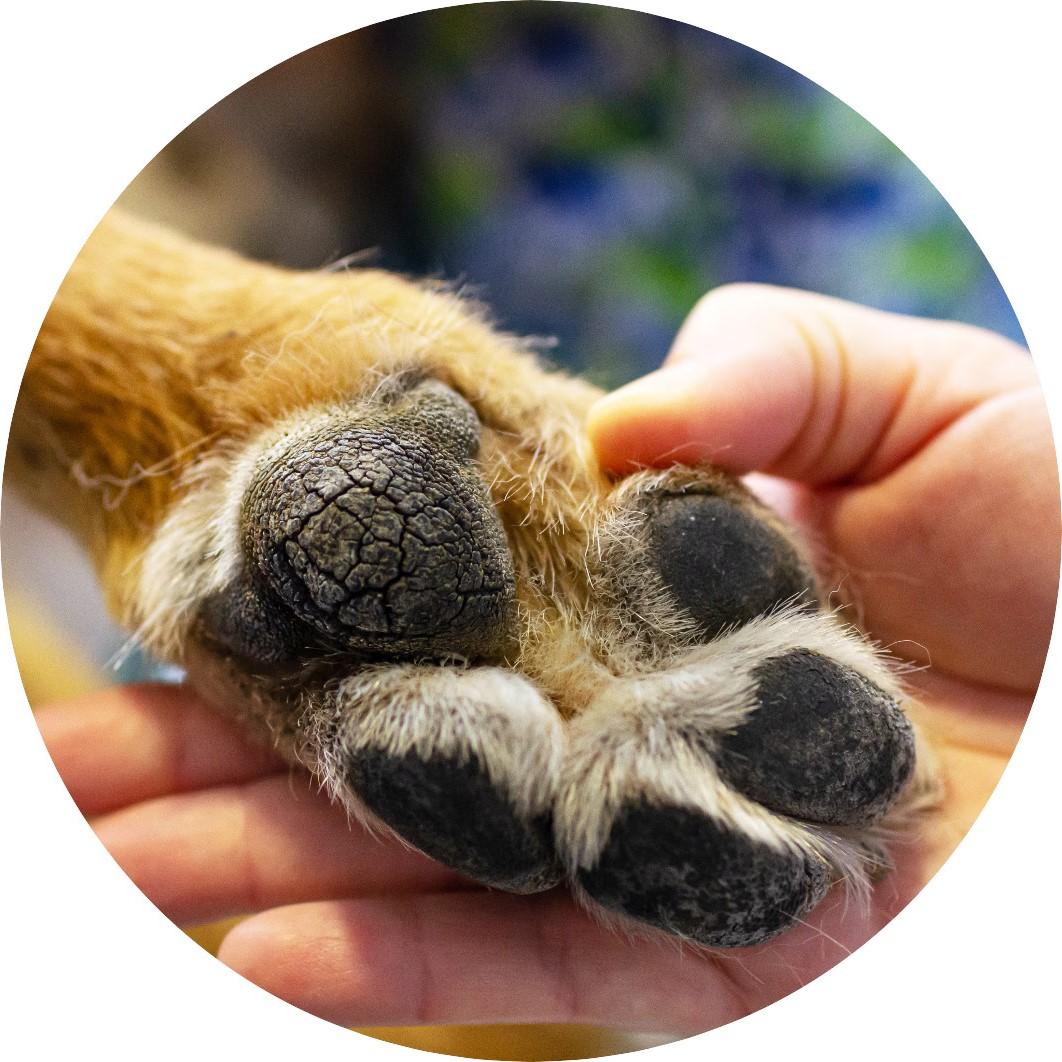Propolis: The Hidden Source of Bee Health in Every Drop of Honey Why Propolis Matters More Than We Thought A new study from the Czech Academy of Sciences has uncovered a remarkable secret about propolis—the resinous substance bees use to…


Propolis: The Hidden Source of Bee Health in Every Drop of Honey Why Propolis Matters More Than We Thought A new study from the Czech Academy of Sciences has uncovered a remarkable secret about propolis—the resinous substance bees use to…

The UK’s biosecurity landscape is undergoing significant transformation, with the Animal and Plant Health Agency (APHA) undergoing a multi-billion-pound redevelopment, new sanitary and phytosanitary (SPS) checks being introduced for EU imports, and the UK adapting to changes in surveillance, workforce…
https://petition.parliament.uk/petitions/702077 The sweet world of honey—a product synonymous with purity, nature, and hard work—is under threat. Recent revelations have highlighted a serious issue in the UK market: honey adulteration. This involves the dilution or substitution of genuine honey with cheaper…

The Yorkshire Beekeepers Association (YBKA) put on a captivating webinar with honeybee expert Dr. Jamie Ellis. Chaired by Elaine Robinson, the session concentrated on “Queen Events” that honeybee colonies sometimes face. Dr. Ellis, who heads the Honeybee Research and Extension…

In the world of beekeeping, there exists a tender and age-old tradition known as “telling the bees.” This custom, rooted in folklore and steeped in reverence, involves informing a hive of bees about significant events in their beekeeper’s life—especially the…
Beekeepers worldwide are struggling against counterfeit honey that floods the global market, making it nearly impossible for real producers to compete. A shocking undercover investigation at Paris SIAL 2024 has revealed how fake honey, often a mix of syrups and…

In a 2023 webinar, Colm O’Neill shed light on sustainable beekeeping practices cantered around the preservation and utilization of native honey bees, specifically Apis mellifera mellifera (AMM), or the European Dark Bee. Colm’s approach emphasizes working with nature rather than against it, focusing on fostering strong local adaptations that allow bees to thrive in their natural habitats without heavy interventions. His insights align with the BIBBA (Bee Improvement and Bee Breeders Association) and the B4 project in the UK, which advocates for using locally adapted bees to maintain the health and resilience of regional populations.
A cornerstone of Colm’s methodology is using high-density colony management and strategic brood rotation. By keeping colony numbers strong and rotating brood frames frequently, beekeepers can minimize disease build-up and maintain a workforce ready for peak honey production. This approach also naturally limits swarming, reducing the need for artificial interventions that could disrupt colony harmony.
Colm also highlighted the importance of selective breeding. Choosing queens and drones with traits such as disease resistance and low swarming tendencies reduces dependency on chemical treatments. This method strengthens bee populations over time, supporting Varroa resistance and other natural defences, which are especially vital in untreated, chemical-free systems.
Ultimately, Colm’s message is about sustainability: rather than importing non-native bees or relying on short-term fixes, he advocates for practices that respect and work within the bees’ natural behaviours. His approach not only enhances productivity but also supports biodiversity and long-term resilience, reflecting a deep commitment to ecological beekeeping.

Introducing Our New Pet Paw Balm: Natural Care for Your Furry Friends When it comes to pet care, sometimes the simplest ingredients make the most effective remedies. That’s why we’re thrilled to launch our very own Pet Paw Balm –…
In the ever-evolving field of apiculture, the significance of genetics in the management and preservation of honey bee populations cannot be overstated. At the forefront of this discussion is a lecture delivered by John Chambers at the National Honey Show.…
When we talk about keeping our honey bees healthy and happy, there’s something really special we need to think about, and it’s called “epigenetics.” It might sound complicated, but it’s actually a fascinating part of science that helps us understand…
In his presentation at the BBKA Spring Convention, Prof Giles Budge starts by asking the audience if they have seen the symptoms of the disease and then explains the symptoms in detail. He then talks about the causative agent of the…
Essential Oils Lavender, Frankincense, Rose, Geranium and Marigold. Goat’s Milk Goat milk is rich in both saturated and unsaturated fats meaning our soap produces a good lather and provides great moisturising and nourishing properties. Goat milk soap boasts high amounts…
For the last 11 years, I have stewarded the cattle section at Penistone Show. Every year I say to myself that I’m going to enter the honey show…every year, time runs away and it’s too late. This year I thought…